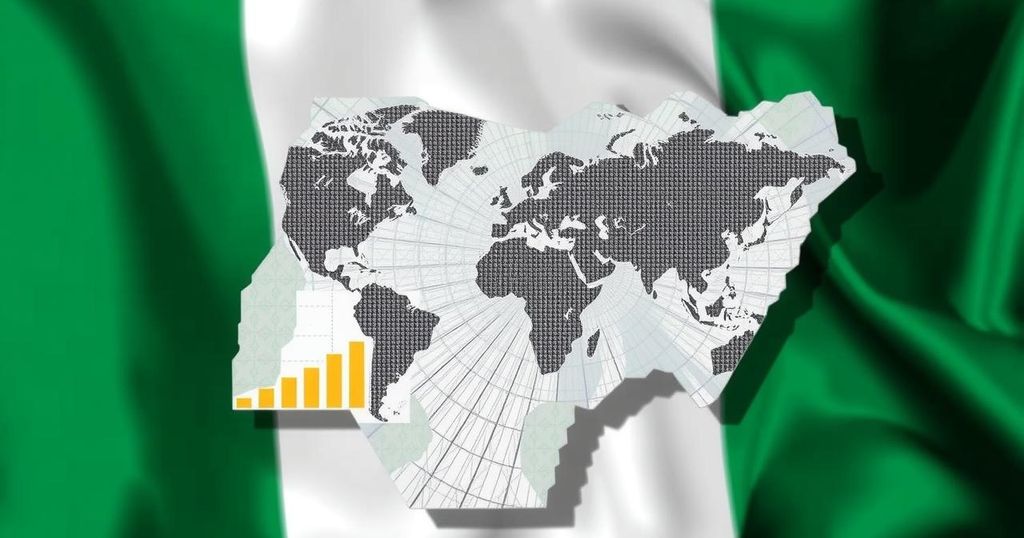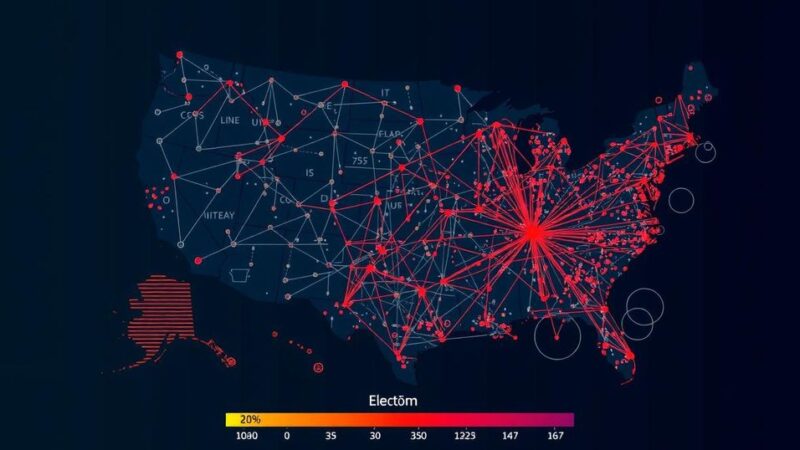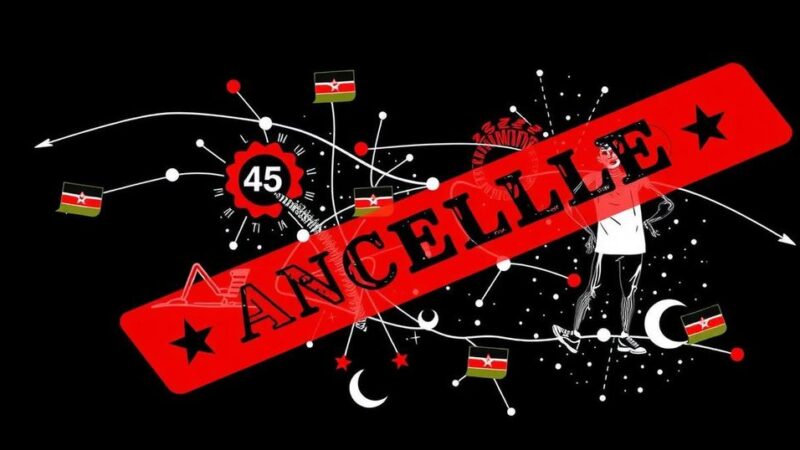The World Bank has noted that the recent currency reforms in Nigeria have made the naira one of the most competitive currencies in two decades. These changes, initiated by President Bola Tinubu, which include floating the currency and removing fuel subsidies, have prevented fiscal collapse but also led to increased poverty and social unrest. Economists advise maintaining the current course while implementing measures to assist the most vulnerable citizens.
The reforms to Nigeria’s currency under the administration of President Bola Tinubu have positioned the naira as one of the most competitive currencies in two decades, according to the World Bank’s chief economist, Indermit Gill. These reforms, notably the decision to float the naira and eliminate fuel subsidies, have played a vital role in averting a fiscal crisis. Despite the naira’s devaluation leading to heightened poverty levels and increasing tensions regarding potential unrest, Gill emphasized the need for Nigeria to persist with its reform strategies. At the Nigerian Economic Summit Group, Gill highlighted that Tinubu’s policies have rendered the naira a “great opportunity for the private sector”. Previously, Nigeria’s official exchange rate was set below NGN500 to the dollar, while on the parallel market it hovered near NGN900. The consequent depreciation of the naira has raised alarm bells about rising prices and the potential for civil disorder. In response, authorities took action against illegal foreign currency traders and cryptocurrency platforms earlier this year. Despite the naira’s ongoing decline, which rendered it the worst-performing currency for a period, Gill advised against reverting from the floating exchange rate model. He stated, “This is only the beginning. Nigeria will need to stay the course for at least another 10 to 15 years to transform its economy. It is very difficult to do these things, but the rewards are massive.” Furthermore, Gill urged the government to implement immediate support measures for the most vulnerable populations, advocating for increased short-term assistance and the establishment of social safety nets funded by the savings from the eliminated fuel subsidies.
The Nigerian government under President Bola Tinubu has undertaken significant reforms to the currency and economy since his administration began in 2023. These changes include floating the naira and removing longstanding fuel subsidies that have historically burdened the nation’s finances. The approach aims to stabilize the economy by addressing the disparities between the official and parallel market exchange rates, which had created imbalances and inefficiencies. However, these changes have brought both opportunities and challenges, resulting in increased living costs and socio-economic stress for many citizens. The World Bank’s insights indicate that the long-term vision and commitment towards economic reforms may outweigh the short-term difficulties faced by citizens, emphasizing the necessity for prudent management of the social impacts of these policies.
In conclusion, the currency reforms implemented under President Bola Tinubu’s government are being recognized as a pivotal shift for the Nigerian economy, with the naira achieving competitive status not seen in 20 years. While these reforms present opportunities, they also come with significant socio-economic challenges. The World Bank’s chief economist advocates for sustained efforts over the next decade or more, while simultaneously recommending immediate support mechanisms for vulnerable groups to alleviate the pressures arising from these transformations. As Nigeria navigates this critical period, the balance between economic growth and social welfare will be paramount.
Original Source: news.bitcoin.com






